 Polar Star
Polar Star Red Square
Red Square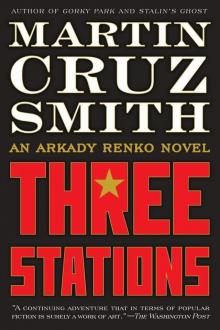 Three Stations
Three Stations Wolves Eat Dogs
Wolves Eat Dogs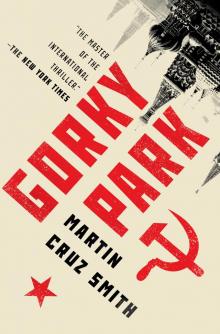 Gorky Park
Gorky Park December 6
December 6 Havana Bay
Havana Bay Tatiana
Tatiana The Girl From Venice
The Girl From Venice Stalin's Ghost
Stalin's Ghost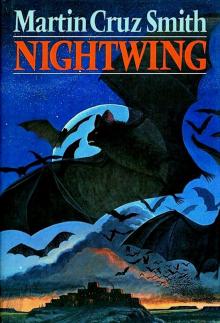 Nightwing
Nightwing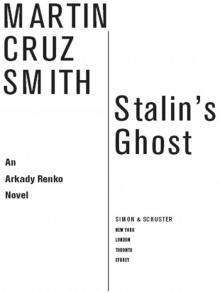 Stalin s Ghost
Stalin s Ghost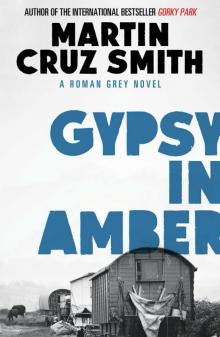 Gypsy in Amber
Gypsy in Amber Rose
Rose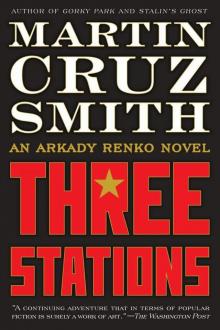 Three Stations: An Arkady Renko Novel
Three Stations: An Arkady Renko Novel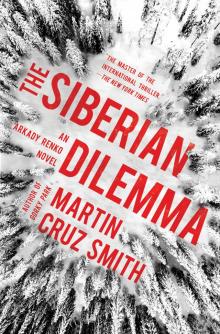 The Siberian Dilemma
The Siberian Dilemma December 6 (V5.0)
December 6 (V5.0) Three Stations ar-7
Three Stations ar-7 Stalin’s Ghost ar-6
Stalin’s Ghost ar-6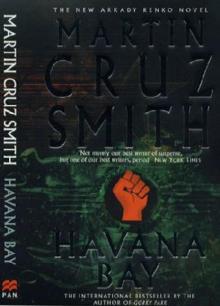 Havana Bay ar-4
Havana Bay ar-4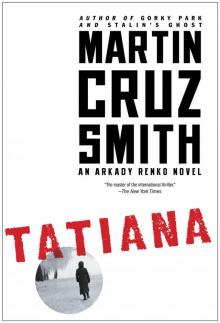 Tatiana ar-8
Tatiana ar-8